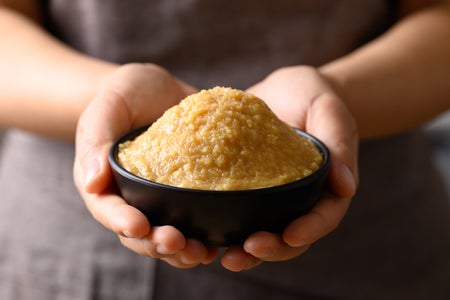
This Space Station Miso Tastes Out of This World
Overall, “space miso” tastes just like regular miso—but slight differences in its microbial profile suggest that extraterrestrial conditions affect how microbes grow and flourish
Gayoung Lee is Scientific American’s current news intern. A philosopher turned journalist, originally from South Korea, Lee’s interests lie in finding unexpected connections between life and science, particularly in theoretical physics and mathematics. You can read more about her here: https://gayoung-lee.carrd.co

This Space Station Miso Tastes Out of This World
Overall, “space miso” tastes just like regular miso—but slight differences in its microbial profile suggest that extraterrestrial conditions affect how microbes grow and flourish
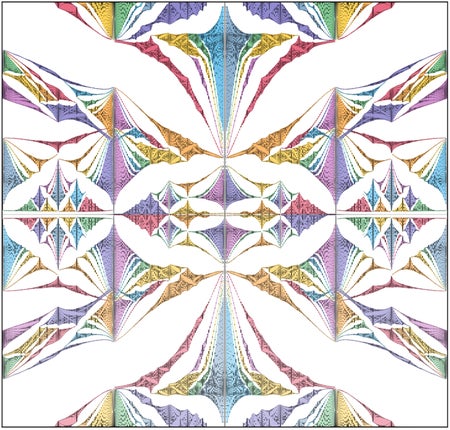
Physicists Catch a Quantum Butterfly Spreading Its Wings
In a first, physicists have directly seen Hofstadter’s butterfly—a long-sought-after fractal in the quantum realm
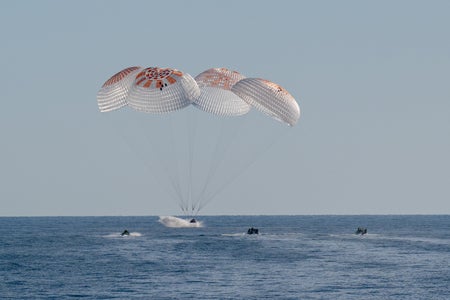
After 286 Days in Space, NASA Astronauts Return to Earth with a Splash
NASA astronauts Butch Wilmore and Suni Williams had been “stuck” at the International Space Station since June 6, 2024, after Boeing’s Starliner, the vehicle they rode to get there, ran into multiple hardware problems
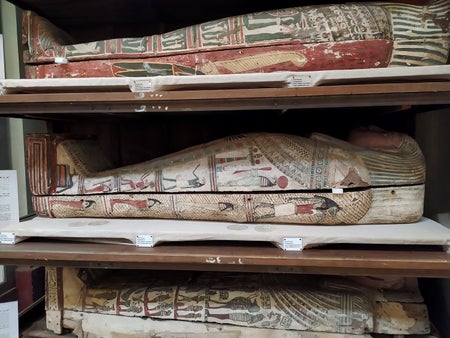
What Sniffing Mummies Taught Scientists about Ancient Society
Mummy aroma may provide insight into social class and historical period, according to a team of trained mummy sniffers
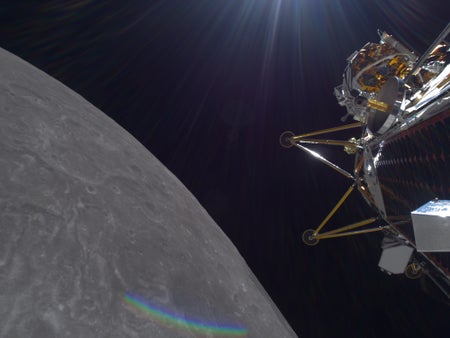
Intuitive Machines’ Athena Lander Reaches the Moon Lopsided—Just like Its Predecessor
Despite some connection delays postlanding, the lunar lander Athena is officially set to study what lies beneath the moon’s surface over the next 10 days

A New Device Lets You Taste Things without Actually Eating Them
This tiny instrument lets users taste things—without actually eating them—by releasing a combination of chemicals that reconstruct different tastes. But replicating associated smells and textures will take some time
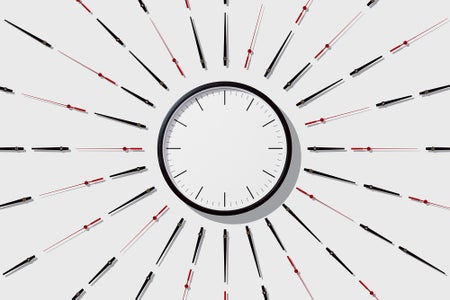
In the Quantum Realm, Time’s Arrow Might Fly in Two Directions
Scientists studying a centuries-old mystery of physics suggest two “arrows of time” control the evolution of quantum systems
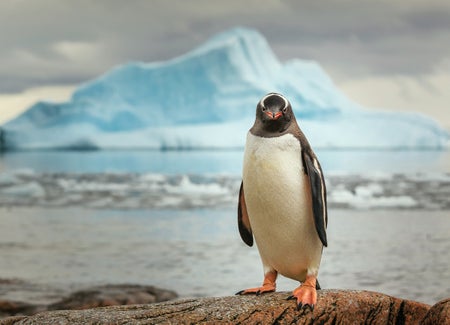
Penguins Help to Map Antarctica’s Growing Mercury Threat
Molted penguin feathers record mercury infiltrating Antarctica’s food web
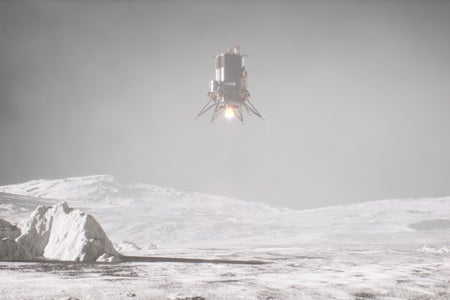
Athena, Next U.S. Commercial Moon Lander, Is Set for Spectacular Lunar Science
In partnership with NASA, the Intuitive Machines lander Athena will send a water-seeking drill, a pogo-sticking crater probe and other novel technologies to the moon
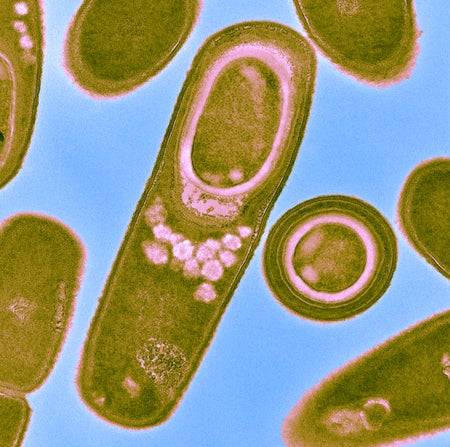
To Find Life on Mars, Make Microbes Wiggle
Could tiny swimming microbes help us unlock the mysteries of extraterrestrial life?
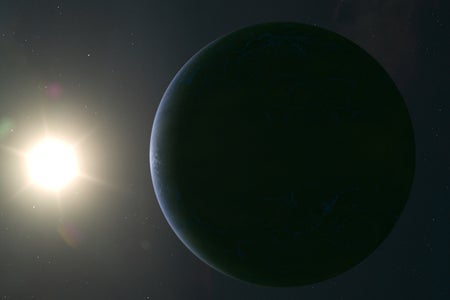
Nearby Habitable-Zone Exoplanet May Be a World of Fire and Ice
A newly confirmed exoplanet around a nearby sunlike star might be astronomers’ best chance yet to look for life beyond the solar system—but it’s still no place like home
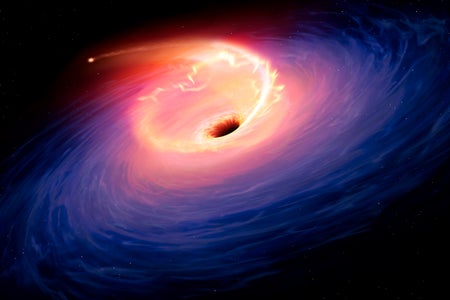
This Supermassive Black Hole May Harbor a Bizarre Star That Refuses to Die
Strange x-ray pulses hint at a surprisingly long-lived white dwarf orbiting precariously close to a supermassive black hole
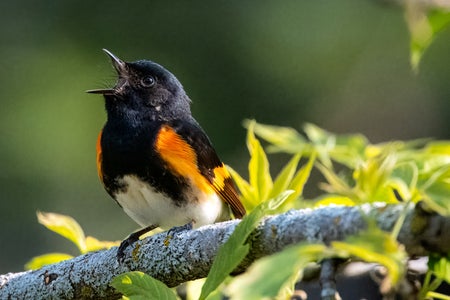
Migrating Birds Sing to Team Up with Other Species
Songbirds may socialize across species during nighttime migrations